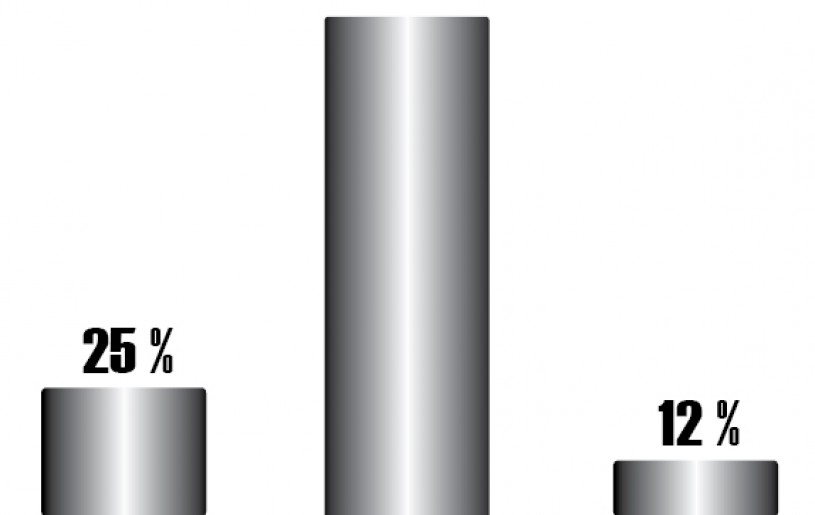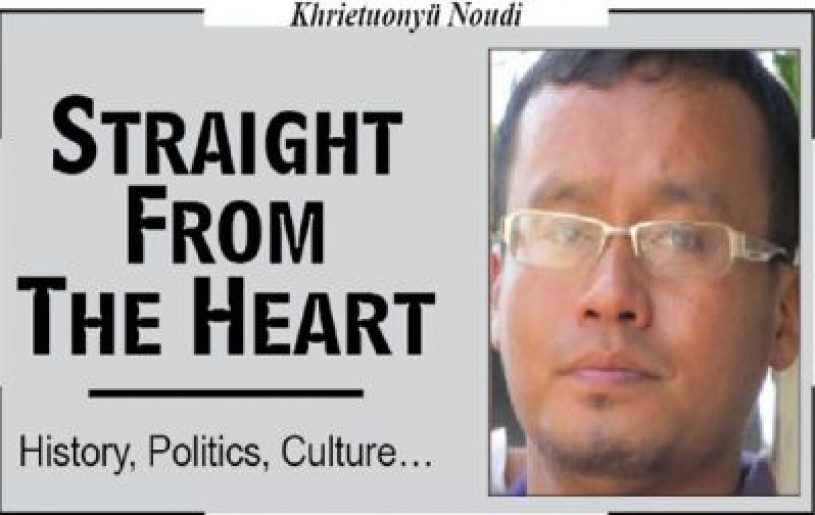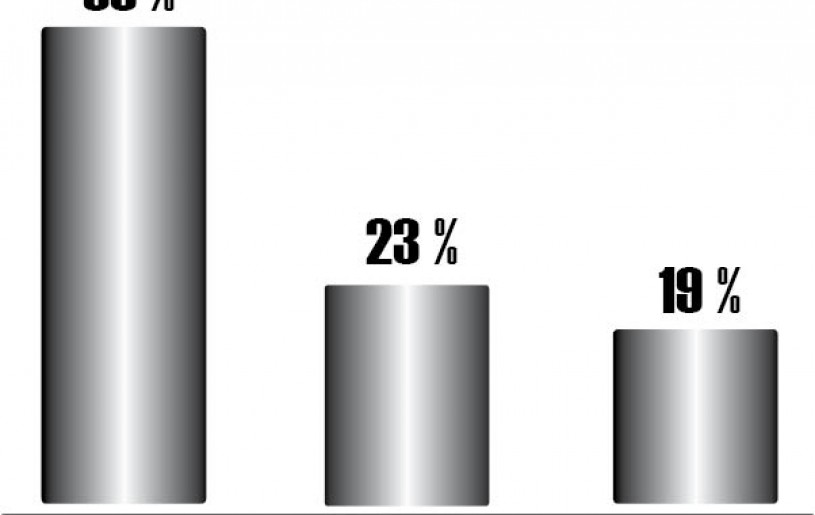
Rev. Fr. C. Joseph-Counsellor
St. Joseph’s College-Jakhama
“Stress is nothing more than a socially acceptable form of Mental illness.”
Anxiety symptoms are the Rosetta stone of the suffering human person, bearing a language that, above all others, we counsellors must be able to understand. We should never be surprised at the indirect and disguised way in which human conflicts reveal themselves to us. Indirection is a profoundly human style of expressing ourselves. I don’t know where to begin, we still say. If healthy people employ it, we should anticipate that troubled persons will as well, if in a more exaggerated form.
Victims of acute anxiety cannot explain much about their difficulty in a conscious or orderly way. When this experience is episodic – when it is not steady but comes in intense and unpredictable bursts – they cannot tell why it has happened or when it will end. They frequently feel that they are about to die. It is a haunting and disturbing experience. These people are not faking nor are they merely trying to get sympathy from those around them. It is very wearing on them, and occasionally it is equally taxing on counsellors or others who are supposed to help them.
Sensitivity is needed in the diagnosis of anxiety states, especially because of possible complications from associated physical complaints. We wisely remember that many physical conditions cause the same symptoms that are found in anxiety states. These include hyperthyroidism, cardiac disorders, disturbances of the cerebellum and the semicircular canals, some toxic conditions and disorders, as well as many other physical illnesses. These symptoms should be attended to carefully and in many cases these persons should be referred for professional medical evaluation.
Stress rises like fine and irritating smog off our work with anxious individuals because it is difficult for them to explain what their problem is. They lay it on our desk, wrapped in vagueness, challenging us to understand it. The better part of wisdom tells us that knowing what to avoid is as important as knowing how to proceed sensibly.
Sometimes well-meaning friends complicate the difficulties of people suffering from extreme anxiety by blandly and blindly urging them to overcome it with a muscular old-fashioned determination. When persons are already experiencing something close to panic, such advice can tear their adjustment apart. They may then try to escape and, in fact, it is under just such pressure that some people leave counseling altogether. Counsellors who respect the unconscious variables in play here never push people too hard about their conscious behaviors or decision. Harried persons need less advice and simpler acceptance and understanding.
Seeking help is already complicated for them because their anxieties have made them cautious about committing themselves to others. Hurrying people who can only take one small step at a time makes them stumble and become more uncertain of their direction. Being patient tries our own patience when we already find the symptoms bewildering and, out of a desire to establish some core understanding of the problem, we may push people too hard toward a definite conclusion, almost certainly making things worse.
Another temptation under the pressure of stress is to intellectualize about the tensions and difficulties under which we all live. Philosophical and theological ruminations about the star-crossed conditions of modern life and a guiding providence may sound soothing, but they do not touch the heart of serious difficulty. It may be good willed but it is almost always a mistake to associate the cultural awareness of existential anxiety with the experience of anxiety that comes from within persons themselves.
We counsellors must also read accurately our own experiences of anxiety to understand what they tell us about ourselves and about the conflicts other persons are experiencing. If we listen sensitively we can pick up many messages in how we resonate to those sitting across from us. We may realize, for example, that we too are vulnerable to the same kind of difficulties, that whatever the person is dealing with makes us react in telling fashion, telling about us, that is. We want to avoid, for example, the unnecessary defensiveness this might set up in us. Catching the signals sent by the other or set off in ourselves allows us to make our way sensibly and sure-footedly through the process.
It is also true that the specific kind of anxiety that others touch off in us does tell us more of their story, too. Persons with free-floating anxiety may make us generally uneasy and restive, while persons who are paranoid will upset us in a very different way, making us feel that we are the object of attacks made by them to diminish our authority. Counsellors sometimes undervalue the information they are constantly receiving. They are their own best consultants when they pay attention to what the other does to them. Far from being static or a source of stress, our own reactions help us in our understanding and assisting others.
Although all of us are anxious now and then, only a small percentage of us evince, in number or intensity, the symptoms that lead to anxiety disorders. As counsellors, we may be the first ones be ready to identify those that flow from the more serious and pervasive problems that require referral for professional evaluation and treatment.
“Anxiety is the most silently painful experience. It makes no sense and you sit alone and suffer for an unknown reason. You can’t explain it. You can’t stop it. It is horrible.”





